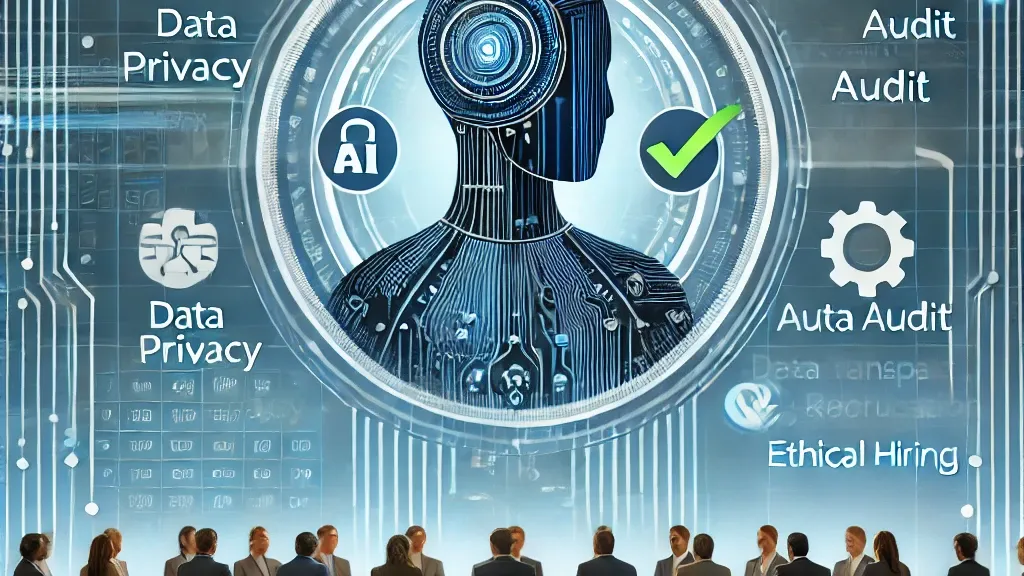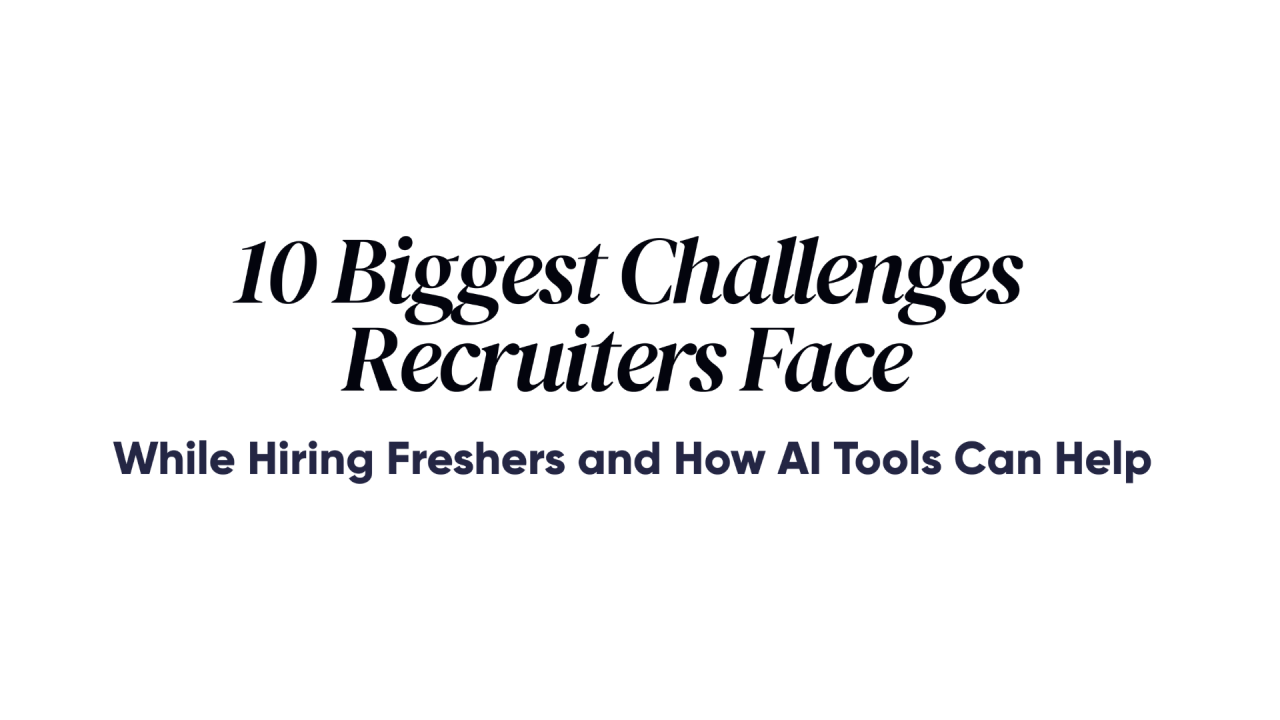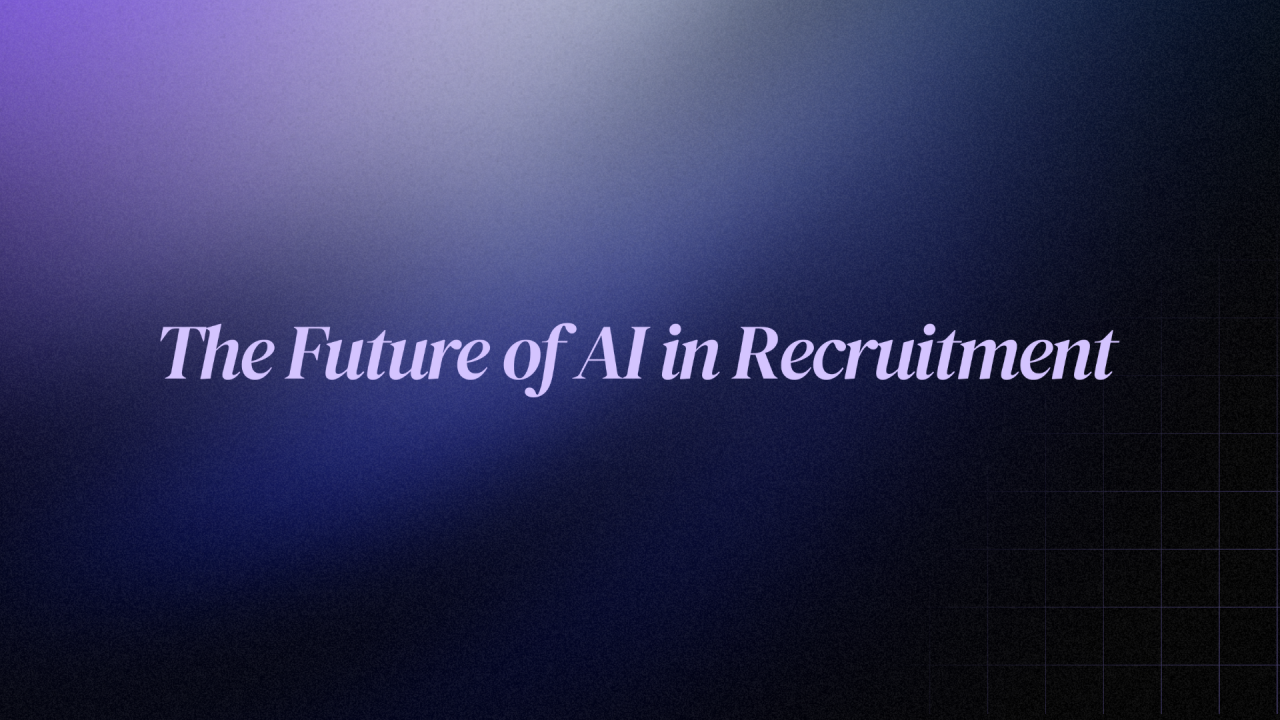Introduction: In today’s data-driven hiring landscape, simply adopting an AI tool isn’t enough – organisations must go beyond the algorithm to ensure fairness and ethics in recruitment. AI can screen thousands of resumes in seconds and even help mitigate human bias, but if used carelessly it can also amplify discrimination (jobspikr.com).
HR leaders and talent acquisition specialists are increasingly recognising that AI ethics in hiring is not a “nice to have,” but a core requirement for building diverse, high-performing teams. This post explores why ethical AI in hiring matters, the common pitfalls companies face, and how a responsible approach can reduce bias and improve diversity in real-world hiring.
Why AI Ethics in Hiring Matters
AI promises efficiency and objectivity, yet ethical pitfalls abound when it’s applied to recruitment. A poorly designed AI can inadvertently learn biases from historical data – for instance, a 2022 study found 61% of AI recruitment tools trained on biased data ended up replicating discriminatory hiring patterns , (jobspikr.com). A now-infamous example is Amazon’s experimental hiring algorithm that had to be scrapped after it was found to favor male candidates by learning from the company’s past hiring decisions. Such cases underscore that unchecked algorithms may reinforce the very biases we aim to eliminate. Common issues include training data that lacks diversity, opaque “black box” models that HR teams can’t interpret, and over-reliance on AI recommendations. In fact, 85% of recruiters in one survey admitted they trusted AI-driven recommendations without questioning fairness – a risky recipe if the AI itself isn’t audited for bias. These pitfalls make it clear that AI ethics in hiring matters because real people’s careers and workplace diversity are at stake.
Data-Backed Benefits: AI Reducing Bias & Boosting Diversity
When implemented with care, ethical AI practices have shown impressive results in reducing bias and improving diversity. Key statistics from recent research and case studies illustrate AI’s positive impact:
- Higher Diversity through “Blind” Screening: Removing identifying details from resumes (so-called blind recruitment) can level the playing field. A report by Glider.ai found that companies using blind screening saw a 32% increase in diverse hires
- Reduced Bias with Human Oversight: Combining AI with human judgment yields fairer outcomes than AI alone. In one study, organisations that paired algorithmic recommendations with informed human review saw 45% fewer biased decisions compared to those that automated hiring end-to-end
- Broader Talent Pools: AI can help organizations cast a wider net for talent, countering homogenous referral networks or school ties that often limit diversity. Pymetrics, an AI hiring platform, reports that its clients have achieved 20–100% increases in gender, ethnic, and socioeconomic diversity of hires by using objective assessments instead of resume screens
These statistics demonstrate that ethical AI isn’t just a tech ideal – it delivers measurable diversity improvements. Companies that get it right enjoy not only a more inclusive workforce but often better performance, as diverse teams are 35% more likely to outperform their peers (according to McKinsey). The data makes a compelling case that AI, when used responsibly, can be a powerful ally in reducing hiring bias.
Northstarz.AI’s Approach: Transparent, Audited, and Privacy-Compliant
At Northstarz.AI, we recognise the stakes and have built our hiring solutions with ethics at the core. We address the common concerns head-on through transparent algorithms, third-party bias audits, and strong data privacy measures:
- Transparent & Explainable AI: We reject the “black box” model. Northstarz.AI’s algorithms are designed to be explainable, meaning HR teams and candidates can understand why a recommendation or score was given. This transparency builds trust and allows biases to be spotted and fixed quickly. We align with frameworks like FAT/ML (Fairness, Accountability, Transparency) to ensure our AI’s decision logic is fair and interpretable from day one.
- Independent Bias Audits: To guarantee fairness, we subject our AI hiring platform to regular third-party bias audits. External experts rigorously test our system against protected characteristics to ensure no group is being unfairly disadvantaged. (Notably, New York City’s new law now requires bias audits for AI hiring tools – we believe this should be standard everywhere.) By voluntarily conducting audits, Northstarz.AI holds itself accountable to the highest fairness benchmarks and continuously fine-tunes our models. This proactive approach means our clients can adopt AI with confidence that an unbiased, equitable process underpins every recommendation.
- Robust Data Privacy Compliance: Ethical AI isn’t only about fairness – it’s also about respecting candidate data. Northstarz.AI is fully compliant with global data privacy standards, including India’s new Digital Personal Data Protection (DPDP) law and the EU’s GDPR. We follow strict “privacy by design” practices: candidates are informed and consent to AI involvement, data is encrypted and only used for defined hiring purposes, and we conduct Data Protection Impact Assessments to minimize any privacy risks (ico.org.uk & gdprlocal.com). Compliance with these standards isn’t just a legal checkbox; it ensures that candidates’ personal information is handled with the utmost care, confidentiality, and transparency. In short, Northstarz.AI’s technology is both fair and lawful, giving our enterprise clients peace of mind on multiple fronts.
Case Study: Ethical AI in Action – Unilever’s Diversity Hiring Boost
A real-world example helps illustrate how ethical AI hiring can improve workforce diversity. Global consumer goods giant Unilever transformed its entry-level hiring by leveraging AI assessments in place of traditional resume screens. Candidates played neuroscience-based games (to objectively gauge traits and potential) and recorded structured video interviews, which were then analyzed by AI. The results were striking: Unilever reported a 16% increase in hires from underrepresented groups (by gender and ethnicity) after implementing this AI-driven process (vice.com). Not only did diversity improve, but efficiency did as well – the company cut its recruiting process from four months to just a few weeks and saved 50,000+ hours of interview time, all while maintaining quality of hire. This case study shows that when AI is used thoughtfully (e.g. focusing on skills, using transparent scoring, and removing demographic cues), it can reduce human bias early in the funnel and lead to significantly more inclusive hiring outcomes. Unilever’s success has inspired many other Fortune 500 companies to pilot similar AI tools with an eye toward fairness. It’s a testament that ethical AI isn’t a barrier to success – it can be a catalyst for a more diverse and effective workforce.
Leading the Way in Responsible AI Hiring
As these examples and data show, it’s entirely possible to leverage AI in recruiting without compromising ethics. The key is a conscious strategy: using AI to augment (not replace) human decision-making, building in transparency, auditing relentlessly, and safeguarding privacy. Northstarz.AI is proud to be an industry leader in responsible AI hiring, marrying cutting-edge technology with a deep commitment to fairness and compliance. We believe that hiring algorithms should be as unbiased and inclusive as the values your company champions.



